A sterile solution containing suspended mycelium cells in nutrient broth, used by mycologists and researchers for microscopic study and taxonomy of this species. The syringe allows precise dispensing of small amounts onto slides for scientific examination of cell structure and characteristics under laboratory conditions. Mycelium does not contain any active substance. Liquid culture of any kind is not intended for human consumption.
*Note: Product photos show syringes with dye added for visibility. Our actual nutrient broth is clear, not yellow.
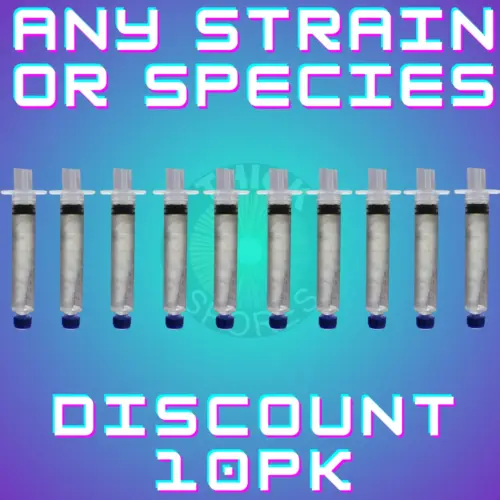
Our Price:
$260.00 Original price was: $260.00.$130.00Current price is: $130.00.
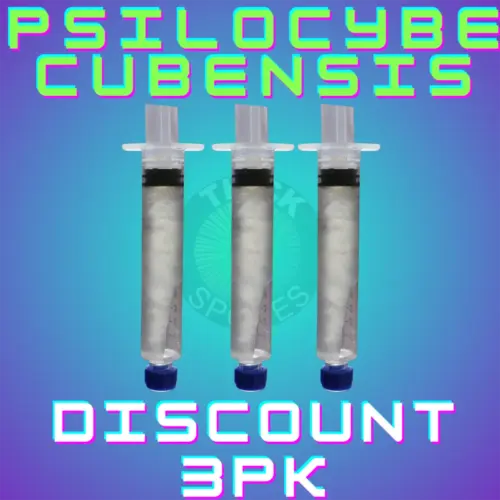
Our Price:
$90.00 Original price was: $90.00.$55.00Current price is: $55.00.
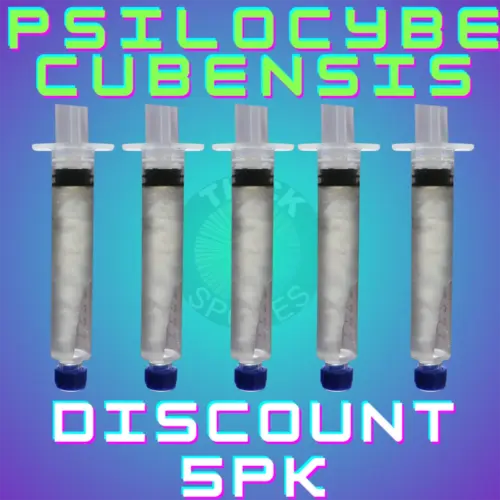
Our Price:
$135.00 Original price was: $135.00.$80.00Current price is: $80.00.
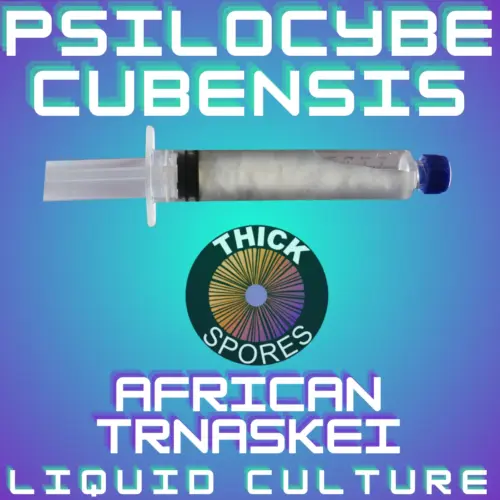
Our Price:
$50.00 Original price was: $50.00.$25.00Current price is: $25.00.
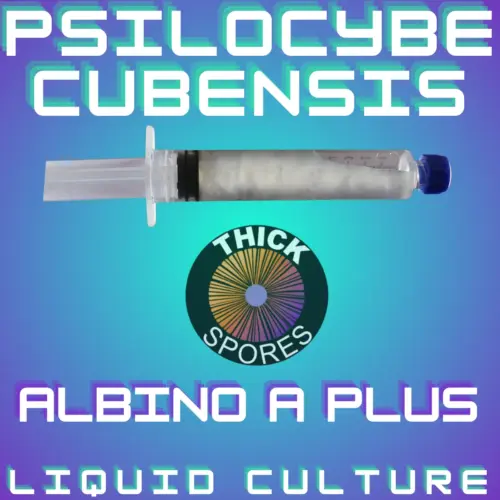
Our Price:
$50.00 Original price was: $50.00.$25.00Current price is: $25.00.
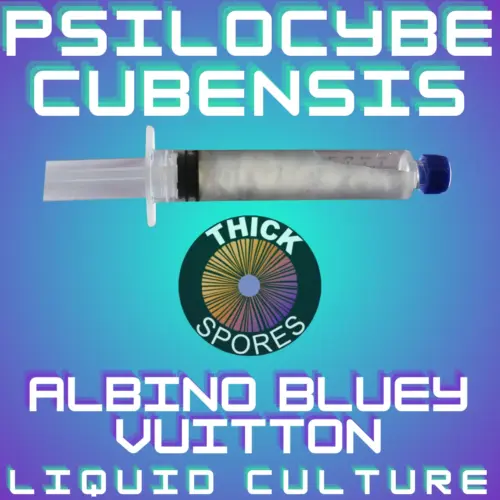
Our Price:
$70.00 Original price was: $70.00.$25.00Current price is: $25.00.
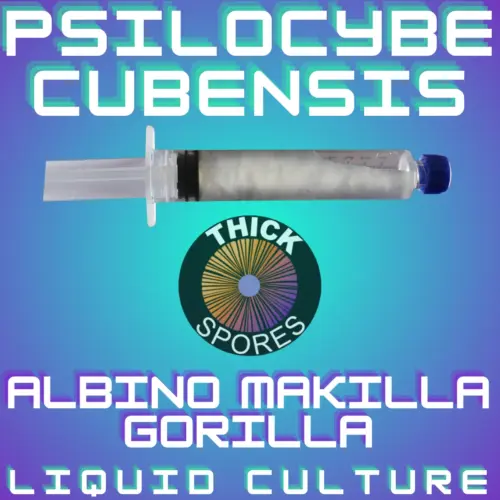
Our Price:
$50.00 Original price was: $50.00.$25.00Current price is: $25.00.
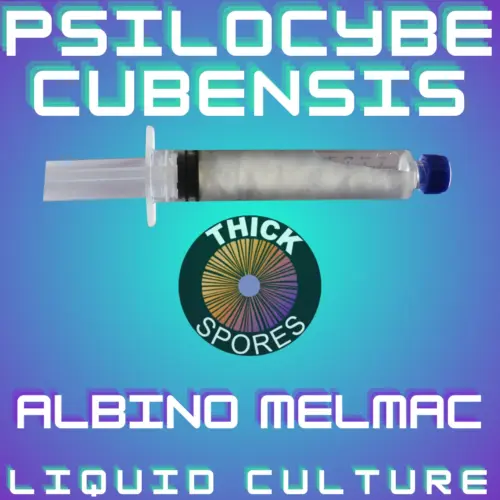
Our Price:
$50.00 Original price was: $50.00.$25.00Current price is: $25.00.
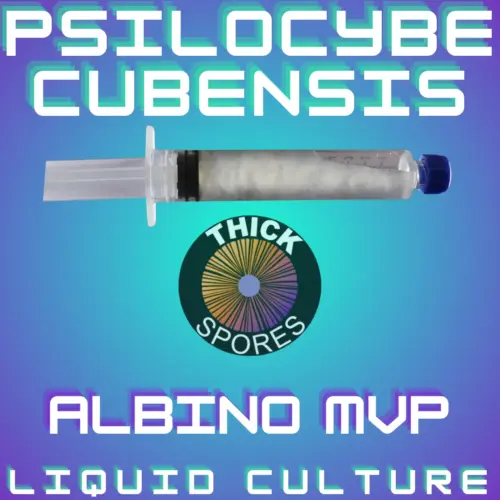
Our Price:
$50.00 Original price was: $50.00.$25.00Current price is: $25.00.
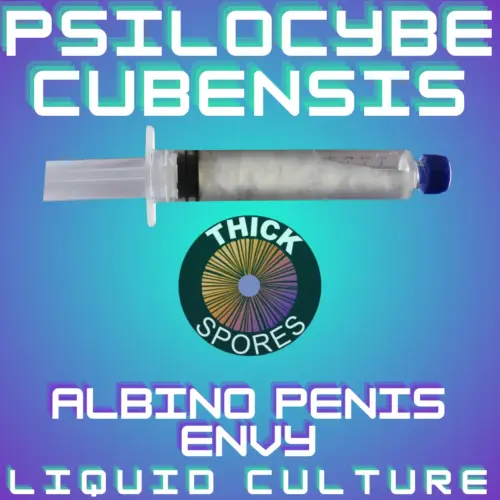
Our Price:
$50.00 Original price was: $50.00.$25.00Current price is: $25.00.
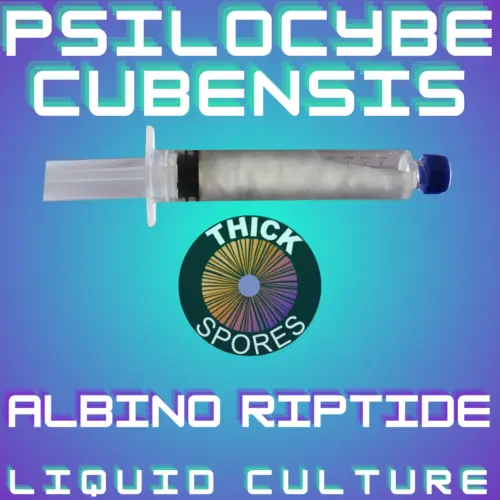
Our Price:
$50.00 Original price was: $50.00.$25.00Current price is: $25.00.
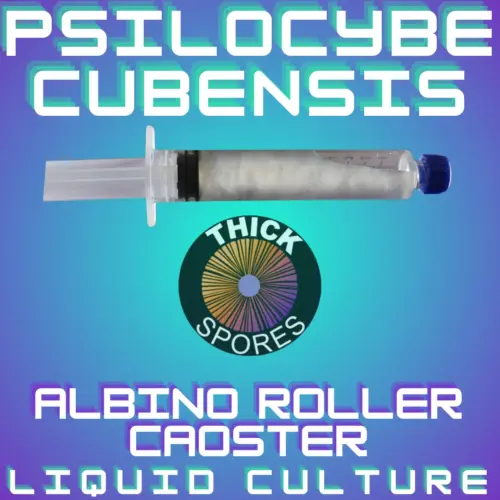
Our Price:
$50.00 Original price was: $50.00.$25.00Current price is: $25.00.
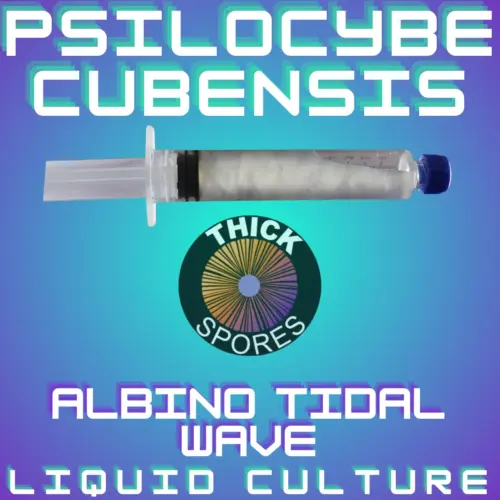
Our Price:
$50.00 Original price was: $50.00.$25.00Current price is: $25.00.
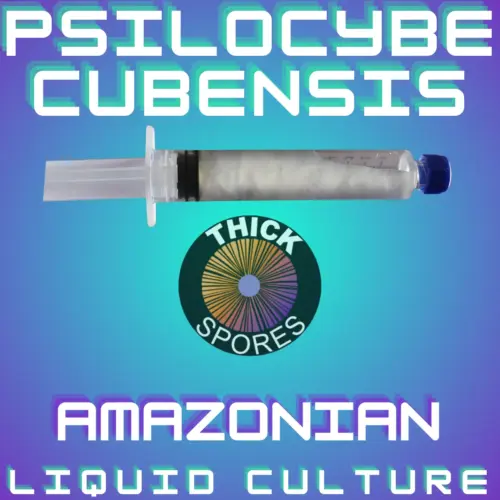
Our Price:
$50.00 Original price was: $50.00.$25.00Current price is: $25.00.
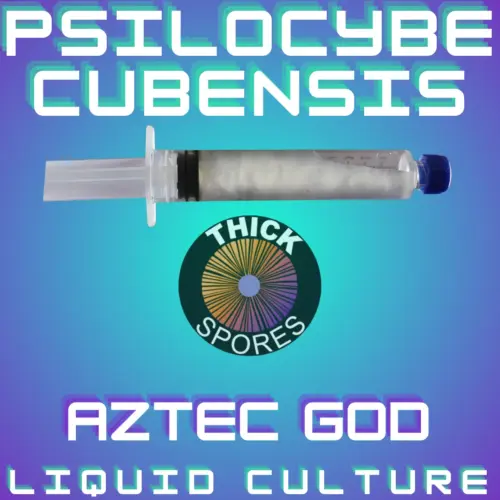
Our Price:
$50.00 Original price was: $50.00.$25.00Current price is: $25.00.
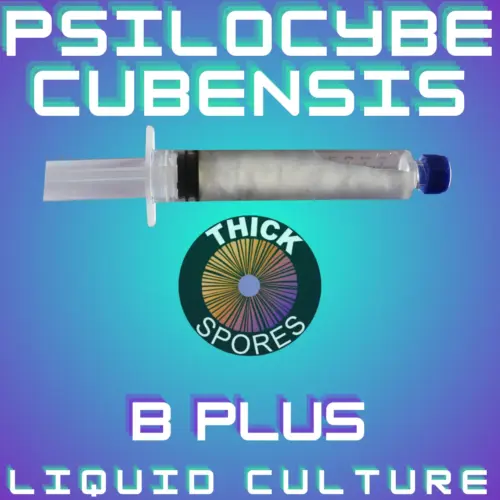
Our Price:
$50.00 Original price was: $50.00.$25.00Current price is: $25.00.
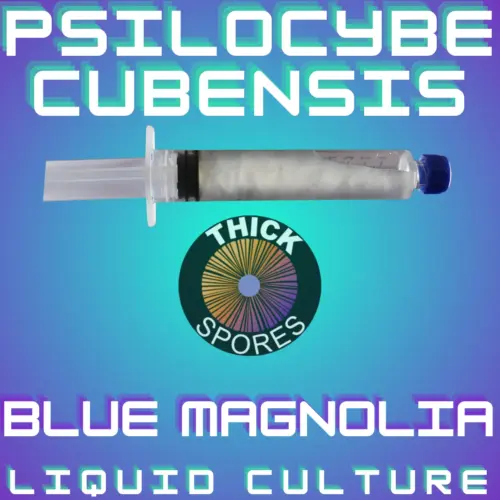
Our Price:
$50.00 Original price was: $50.00.$25.00Current price is: $25.00.
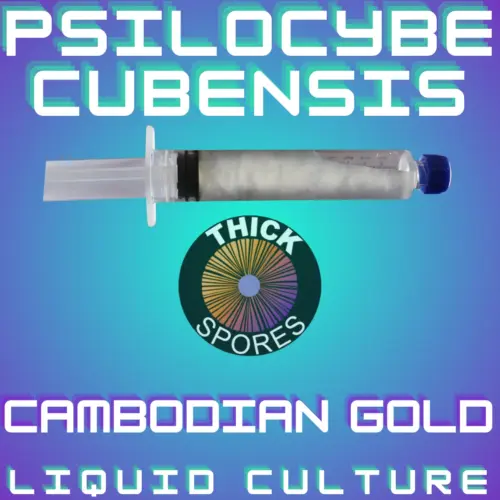
Our Price:
$50.00 Original price was: $50.00.$25.00Current price is: $25.00.
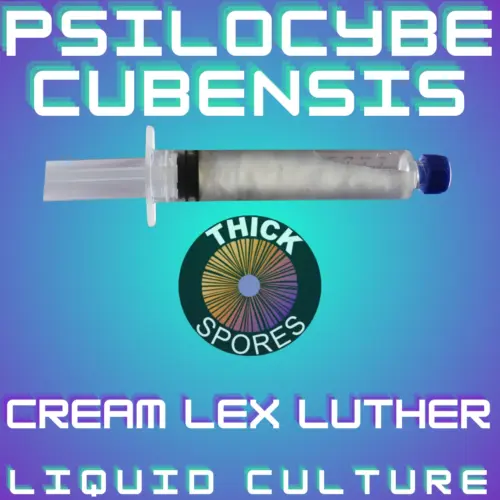
Our Price:
$50.00 Original price was: $50.00.$25.00Current price is: $25.00.
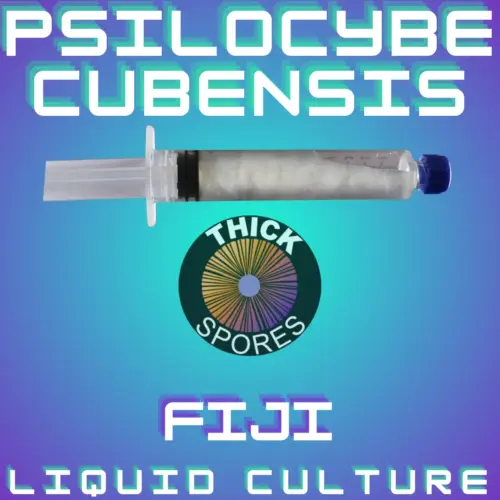
Our Price:
$50.00 Original price was: $50.00.$25.00Current price is: $25.00.
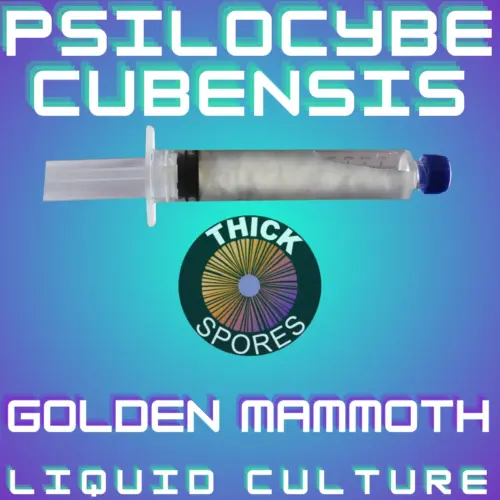
Our Price:
$50.00 Original price was: $50.00.$25.00Current price is: $25.00.
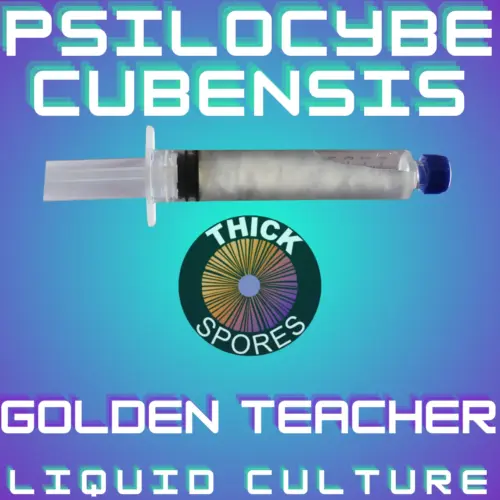
Our Price:
$50.00 Original price was: $50.00.$25.00Current price is: $25.00.
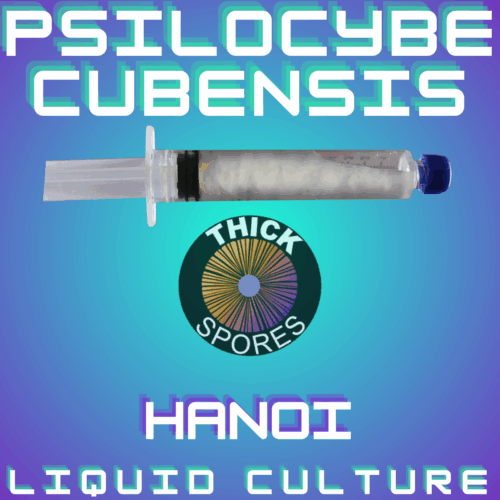
Our Price:
$50.00 Original price was: $50.00.$25.00Current price is: $25.00.
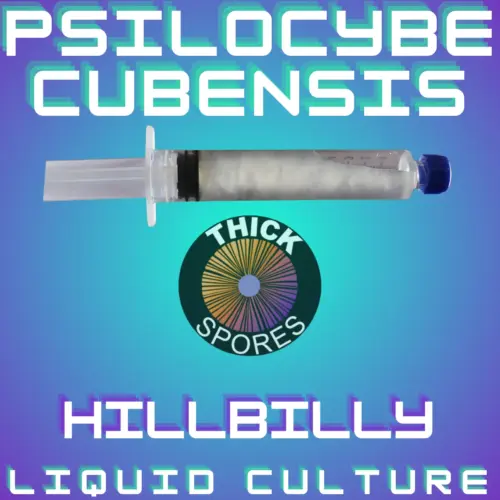
Our Price:
$50.00 Original price was: $50.00.$25.00Current price is: $25.00.
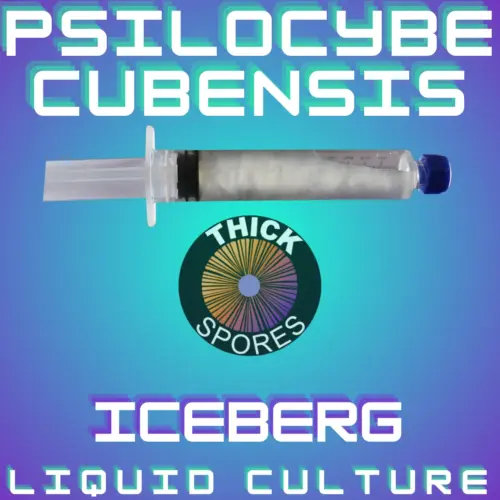
Iceberg is an albino variety developed through cultivation and not found in wild populations. This strain…
Our Price:
$50.00 Original price was: $50.00.$25.00Current price is: $25.00.
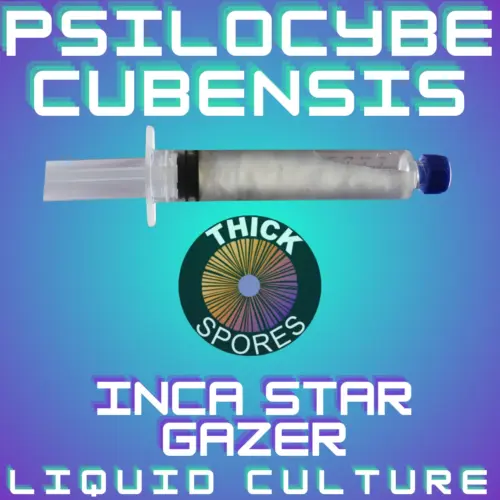
Our Price:
$50.00 Original price was: $50.00.$25.00Current price is: $25.00.
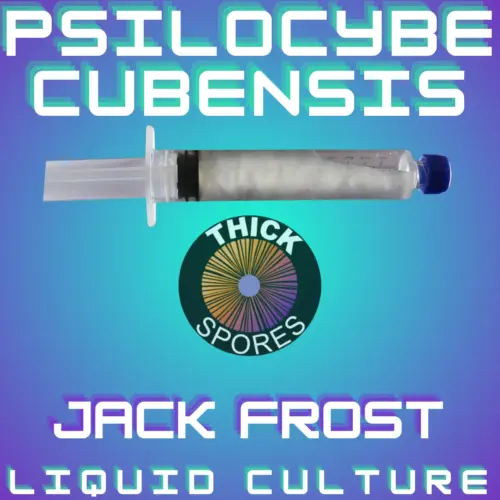
Our Price:
$50.00 Original price was: $50.00.$25.00Current price is: $25.00.
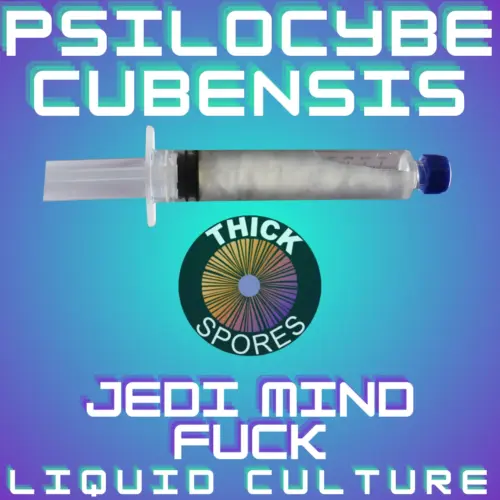
Our Price:
$50.00 Original price was: $50.00.$25.00Current price is: $25.00.
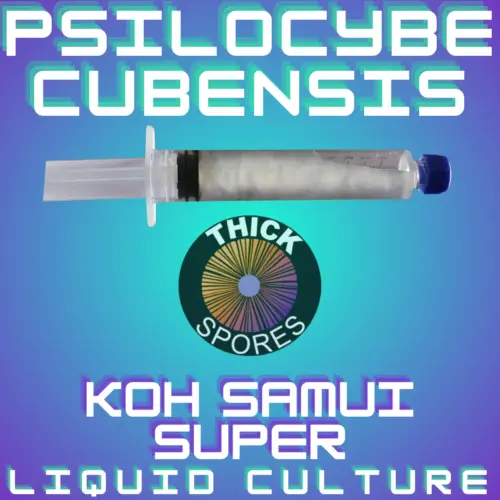
Our Price:
$50.00 Original price was: $50.00.$25.00Current price is: $25.00.
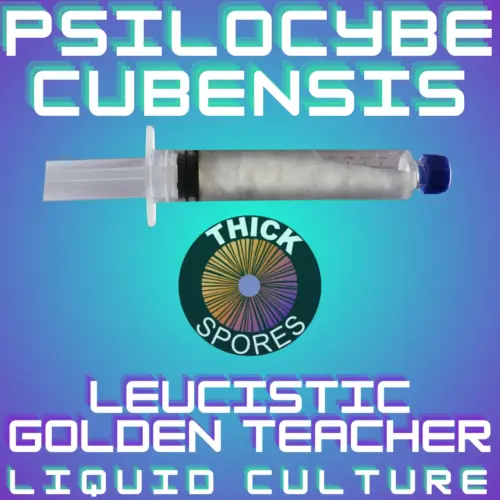
Our Price:
$50.00 Original price was: $50.00.$25.00Current price is: $25.00.
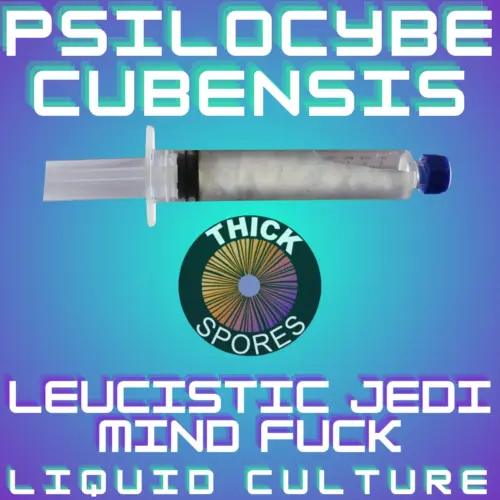
Our Price:
$50.00 Original price was: $50.00.$25.00Current price is: $25.00.
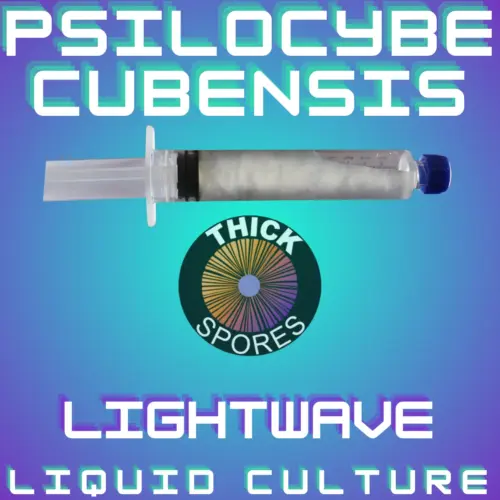
Our Price:
$50.00 Original price was: $50.00.$25.00Current price is: $25.00.
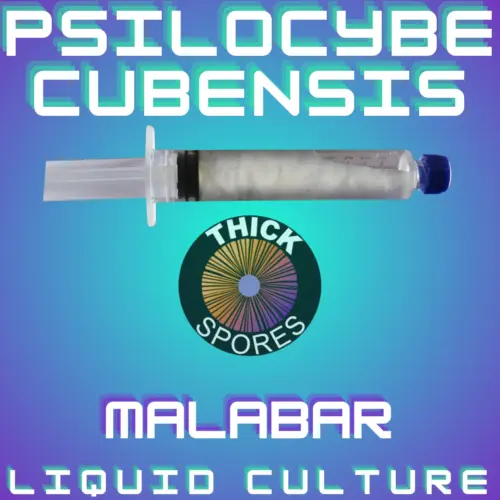
Our Price:
$50.00 Original price was: $50.00.$25.00Current price is: $25.00.
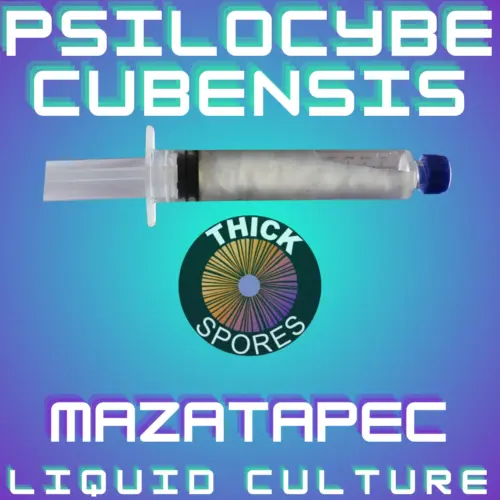
Our Price:
$50.00 Original price was: $50.00.$25.00Current price is: $25.00.
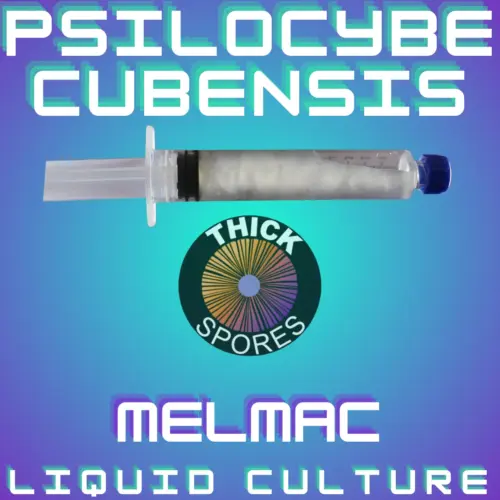
Our Price:
$50.00 Original price was: $50.00.$25.00Current price is: $25.00.
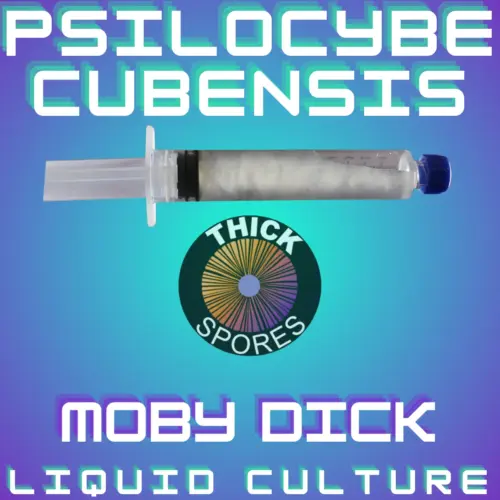
Our Price:
$50.00 Original price was: $50.00.$25.00Current price is: $25.00.
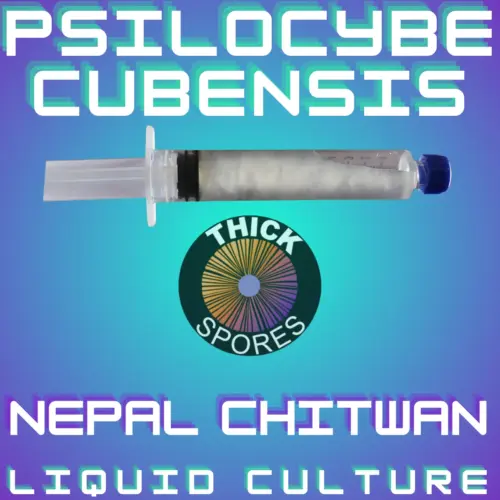
Our Price:
$50.00 Original price was: $50.00.$25.00Current price is: $25.00.
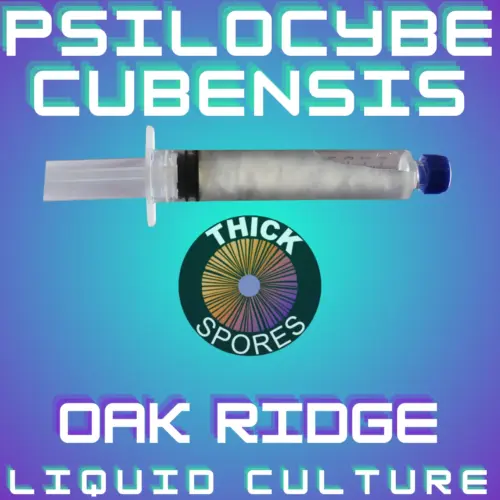
Our Price:
$50.00 Original price was: $50.00.$25.00Current price is: $25.00.
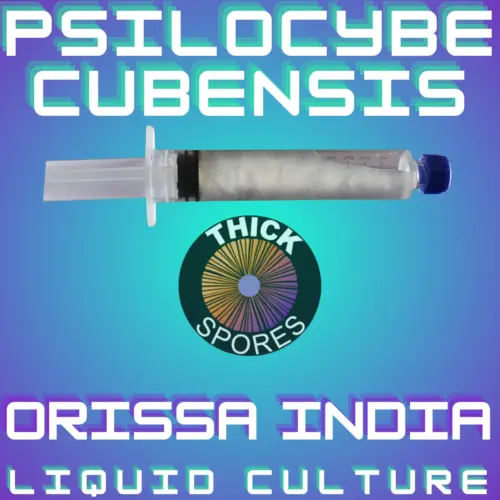
Our Price:
$50.00 Original price was: $50.00.$25.00Current price is: $25.00.
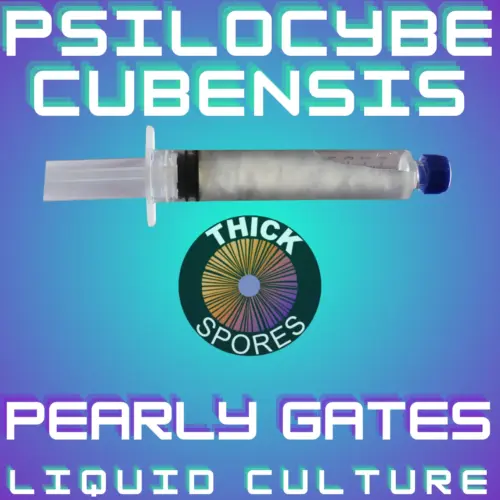
Our Price:
$50.00 Original price was: $50.00.$25.00Current price is: $25.00.
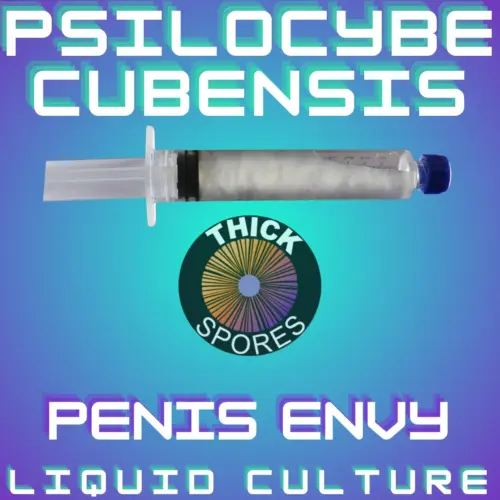
Our Price:
$50.00 Original price was: $50.00.$25.00Current price is: $25.00.
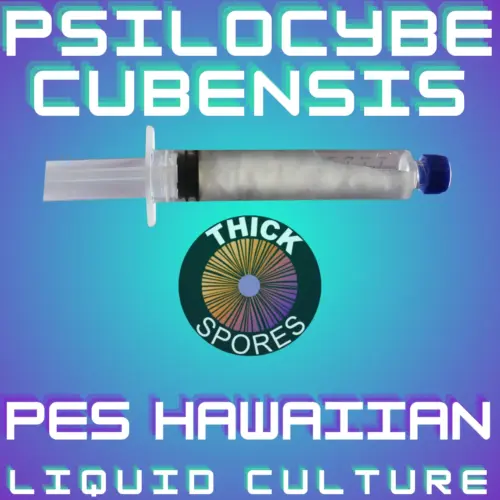
Our Price:
$50.00 Original price was: $50.00.$25.00Current price is: $25.00.
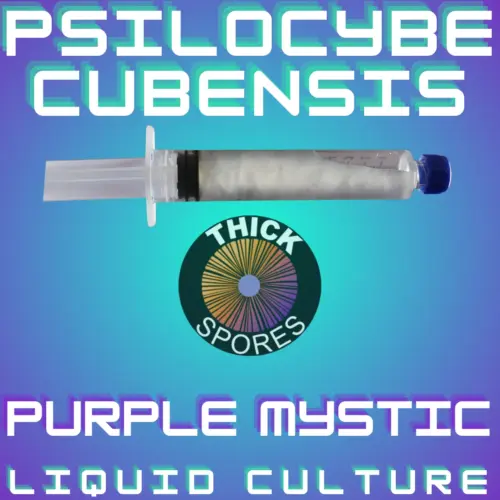
Our Price:
$50.00 Original price was: $50.00.$25.00Current price is: $25.00.
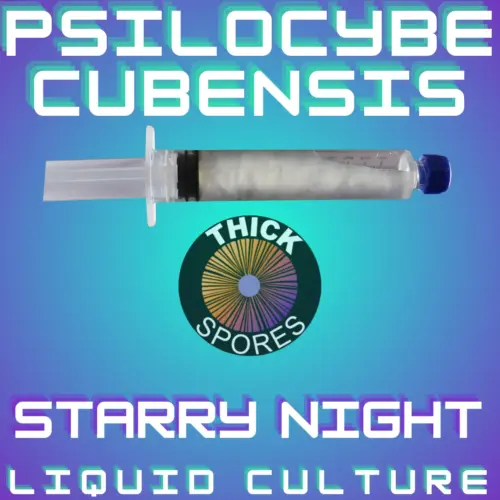
Our Price:
$50.00 Original price was: $50.00.$25.00Current price is: $25.00.
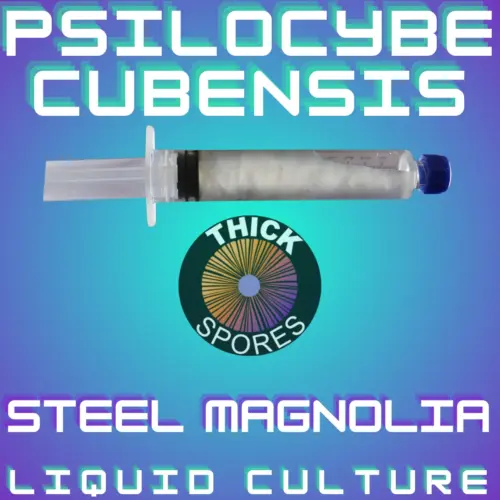
Our Price:
$50.00 Original price was: $50.00.$25.00Current price is: $25.00.
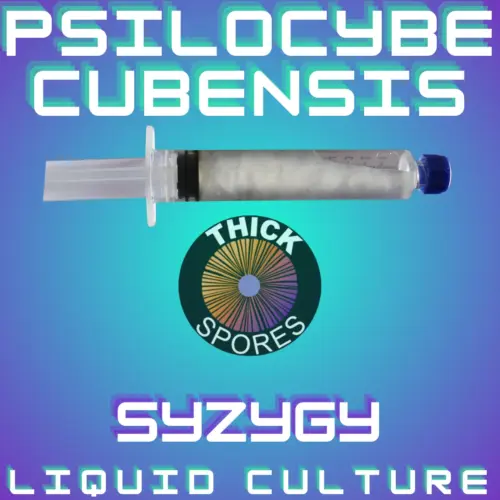
Our Price:
$50.00 Original price was: $50.00.$25.00Current price is: $25.00.
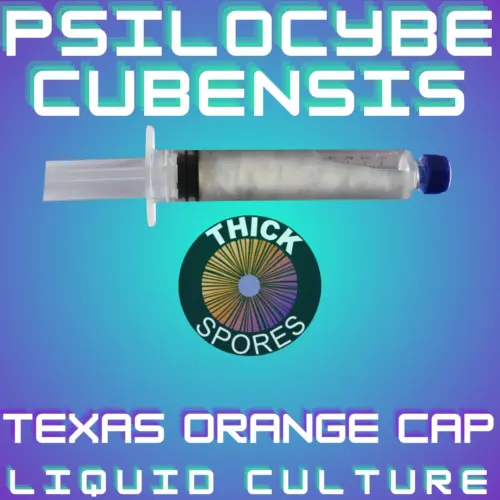
Our Price:
$50.00 Original price was: $50.00.$25.00Current price is: $25.00.
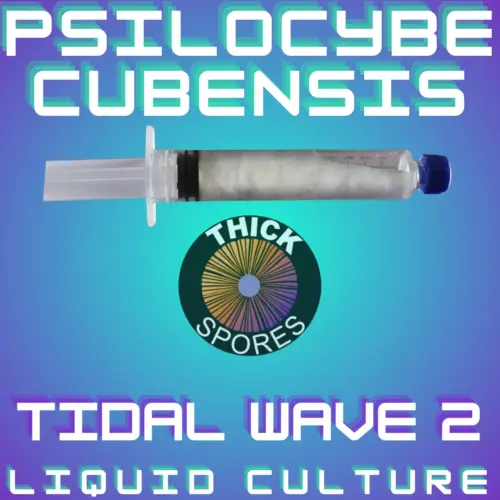
Our Price:
$50.00 Original price was: $50.00.$25.00Current price is: $25.00.
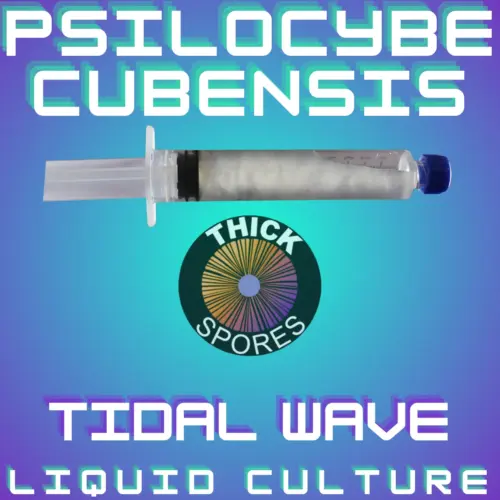
Our Price:
$50.00 Original price was: $50.00.$25.00Current price is: $25.00.
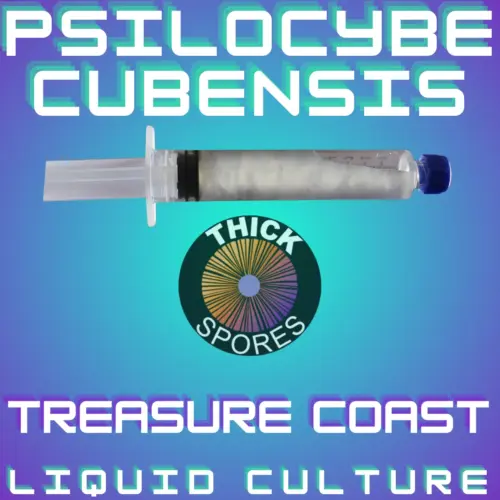
Our Price:
$50.00 Original price was: $50.00.$25.00Current price is: $25.00.
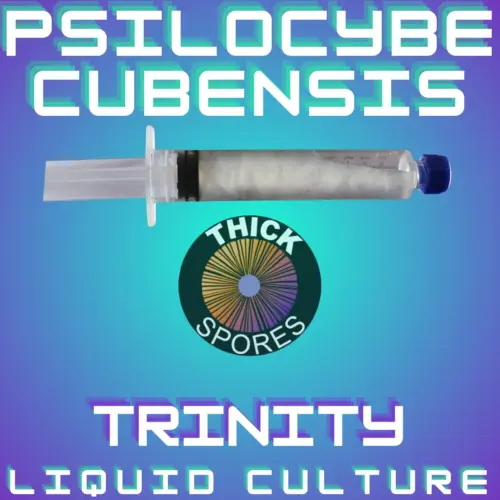
Our Price:
$50.00 Original price was: $50.00.$25.00Current price is: $25.00.
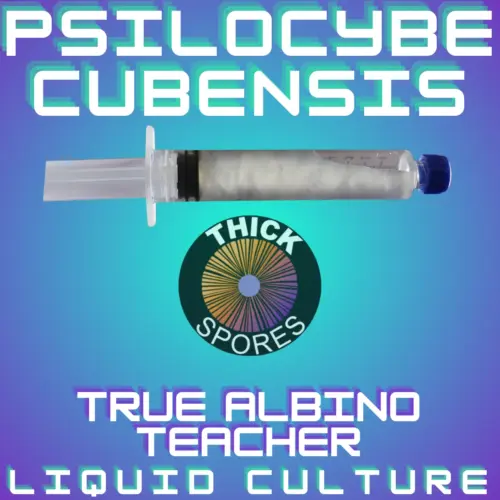
Our Price:
$50.00 Original price was: $50.00.$25.00Current price is: $25.00.
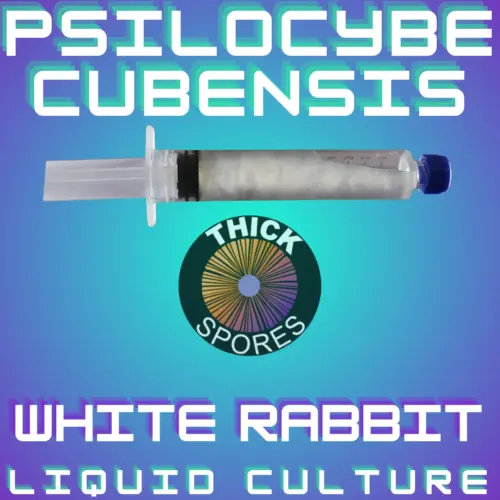
Our Price:
$50.00 Original price was: $50.00.$25.00Current price is: $25.00.
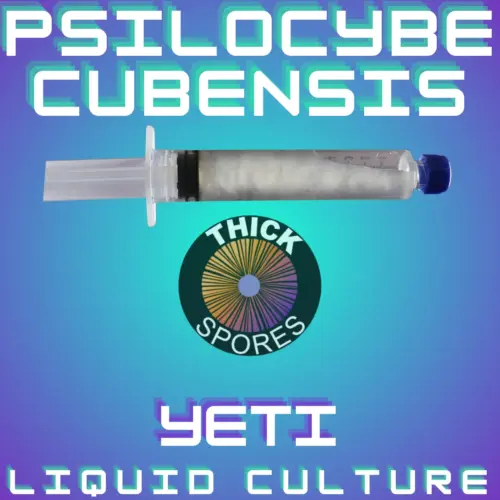
Our Price:
$50.00 Original price was: $50.00.$25.00Current price is: $25.00.
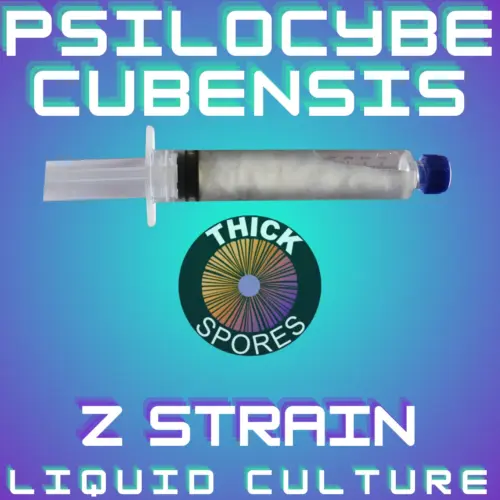
Our Price:
$50.00 Original price was: $50.00.$25.00Current price is: $25.00.